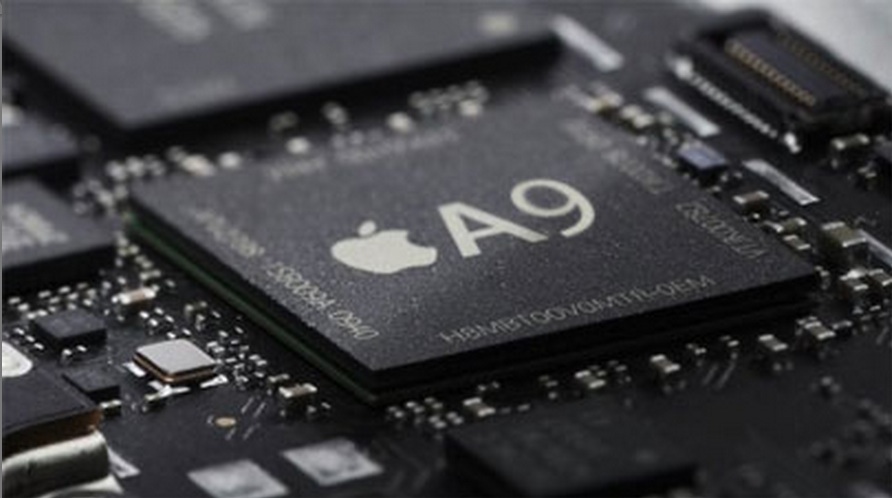Chip giant Intel announced today at its Intel Developer Forum in San Francisco an important deal with UK-based fabless semiconductor maker ARM Holdings that will permit other foundries to build chips based on ARM’s most advanced Cortex-series CPU cores using Intel’s sophisticated ten-nanometer process technology.
Given that Apple’s in-house designed A-series chips include fully customized 64-bit CPU cores based on ARM technology, the announcement expands Apple’s options by letting its contract silicon manufacturers such as Samsung and TSMC fabricate iPhone and iPad chips using Intel’s foundry services.
Intel also confirmed a deal with LG Electronics to fabricate chips for upcoming LG smartphones on Intel’s ten-nanometer FinFET process technology. Apple already has deals with TSMC and Samsung to produce upcoming A10 chips, with TSMC said to have already landed a deal to fabricate ten-nanometer A11 chips in 2017.
Looking beyond 2017, Apple could easily give some of its chip business to Intel. The Cupertino company is known for pitting multiple suppliers against each other to keep price quotes down. Apple is also rumored to have ditched LTE modems from Qualcomm for those made by Intel across AT&T-bound iPhone 7 units.
Each new iPhone generation has come with fewer and fewer chips as Apple continues to integrate even more functions into its own processors. With that in mind, it is entirely conceivable that a future iPhone chip might integrate an LTE modem, in which case the Intel-ARM deal could prove crucial for Apple.
Intel’s foundry business lets third-party semiconductor makers access Intel’s technology and manufacturing assets through turnkey services including design, wafer manufacturing, packaging and testing.
Today’s news is part of broader announcements made at the Intel Developer Forum, which kicked off with a keynote presentation today.
Other initiatives unveiled at the conference include a seventh-generation Core processors code-named Kaby Lake, Intel’s new software platform for drone enthusiasts and developers, a promising open-source virtual reality project with an untethered headset using Intel RealSense technology and much more.
Source: Intel
